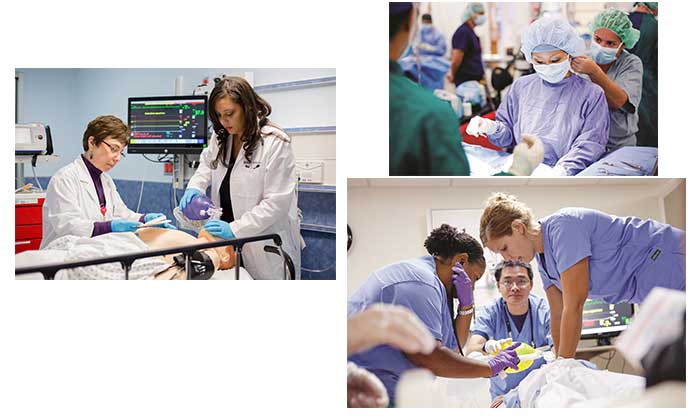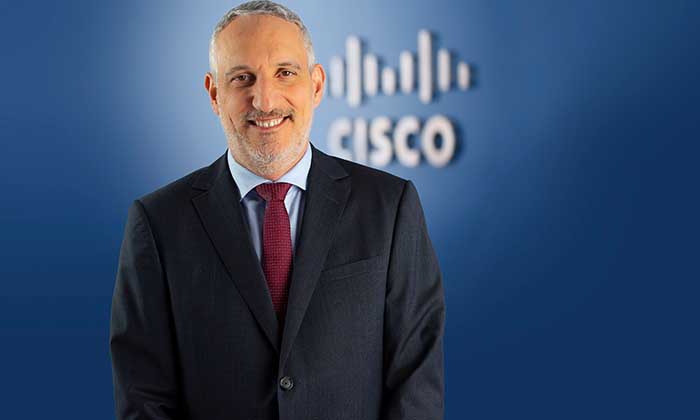By Dr. Robert Grant, Senior Associate Dean for Clinical Studies at St. George’s University School of Medicine in Grenada, West Indies.
Over the years, I can confidently say that a very significant and important part of being a medical school student is understanding the theoretical knowledge of science, but an equally crucial component is the tangible difference that quality in-hospital training can make on an aspiring physician.
It starts with exposure to the different disciplines. No one knows what the life of a practicing physician in a certain specialty is really like until they get to live it. Personally, I went to medical school because I wanted to be an ophthalmologist. It wasn’t until I rotated through other disciplines—and spent some time in ophthalmology and realized I didn’t really want to be an ophthalmologist—that I settled in the surgical world, and then ultimately on a career as a reconstructive plastic surgeon. Students in their final two years of medical school at St. George’s University, Grenada will experience core rotations in internal medicine, pediatrics, surgery, obstetrics/gynecology, and psychiatry, which will help future doctors become familiar with the skills and mindset to excel in these specialties. These clinical rotations can be completed at one of over 70 affiliated hospitals in the US and UK. These different healthcare systems provide a unique perspective on the variety of environments our students will experience during their careers in medicine.
It’s also important for students to socialize as a physician to understand the important responsibilities that you’re given with the privilege of caring for other human beings. Additionally, every rotation is an audition toward residency training. The work that every student does is noticed by his or her peers, the residents, and the faculty, who want to get the best residents they can into their program.
For students to make a good impression during their clinical studies they should practice three main qualities – they should be available, be affable, and be interested. Students may know that they’re going to be a family practice doctor, a pediatrician, or a psychiatrist, but this is their opportunity to immerse themselves in a clinical field. Particularly nowadays, with the team-based nature of clinical care, they’re going to be working with clinical colleagues in other disciplines who are going to be sources of referral for them; and the students would refer to them in the future. You go through life with a cohort of peers who you trained with and got educated with.
If a faculty member or a resident is doing some clinical research, students can consider getting involved. We’re all interested in making healthcare better. The clinical project may be one with outcomes, healthcare policy, or a particular clinical condition. Contributing to the fund of knowledge is a fantastic way for students to make a good impression.
Lastly, the administrative staff are essential to the practice of every physician. When it comes time to evaluating students for residency positions, they get an equal vote. Make sure that you treat them with the respect that they deserve and have earned. They can be your best friends, and conversely, if you don’t do that, they can turn out to be your worst enemies. It’s essential that you’re polite and appropriate in all interactions.
















